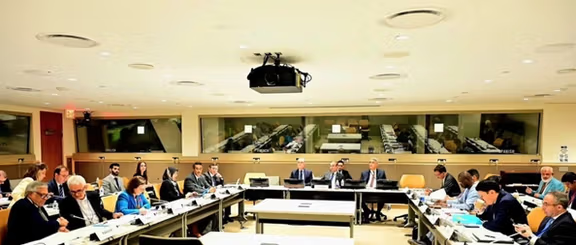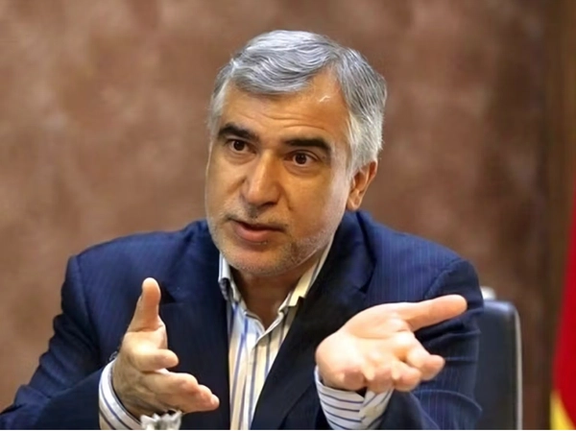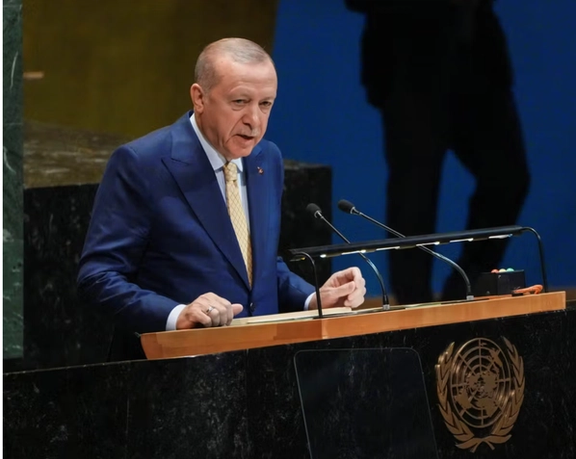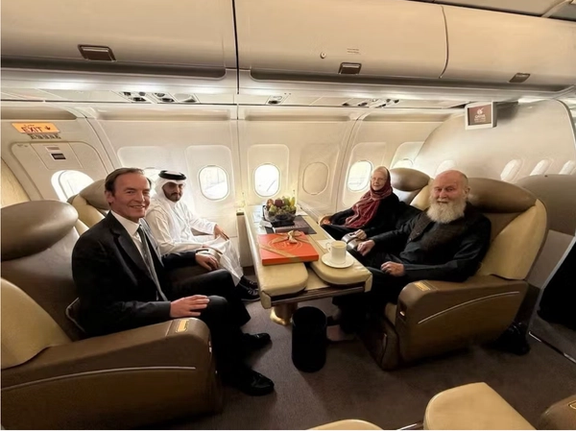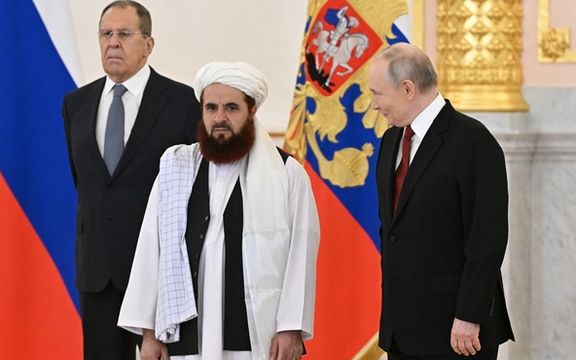The OIC said the group was established to provide an effective mechanism for implementing decisions on Afghanistan and to strengthen cooperation in addressing the country’s humanitarian, political, and economic challenges.
Representatives of member states stressed that Afghanistan continues to face severe humanitarian and economic crises and that overcoming them will be difficult without a coherent regional framework.
In a message to the meeting, the OIC Secretary-General underscored the importance of continued dialogue with Taliban authorities on key issues. He also expressed appreciation to countries providing humanitarian aid, particularly through the Afghanistan Humanitarian Trust Fund and the OIC office in Kabul, with special thanks to Saudi Arabia for its contributions via the King Salman Humanitarian Aid and Relief Centre.
Speakers noted that the creation of the Contact Group could accelerate coordination of humanitarian and political support from Islamic countries.
Pakistan’s Foreign Minister, Muhammad Ishaq Dar, told the gathering that at a time when global priorities are shifting to other conflict zones, OIC member states must not neglect Afghanistan. He said the country is grappling with crippling problems such as terrorism, narcotics trafficking, a dysfunctional banking system, unemployment, poverty, human rights concerns, and a political structure that remains unrecognised more than four years after the Taliban takeover.
Dar urged OIC members to support engagement and dialogue with the Taliban at regional and multilateral levels to encourage the group to uphold international commitments. He added that the Contact Group should press the Taliban to lift unjustified restrictions on women and girls, which he said contradict Islamic principles and the norms of Muslim societies. He stressed that engagement efforts should push the Taliban to reconsider their policies in this regard.
The Pakistani foreign minister also voiced concern over the presence of terrorist groups inside Afghanistan, particularly Tehreek-e-Taliban Pakistan (TTP), the Balochistan Liberation Army (BLA), and the East Turkestan Islamic Movement (ETIM). He said these groups actively cooperate with al-Qaeda and pose a serious threat to regional and international peace and security.
